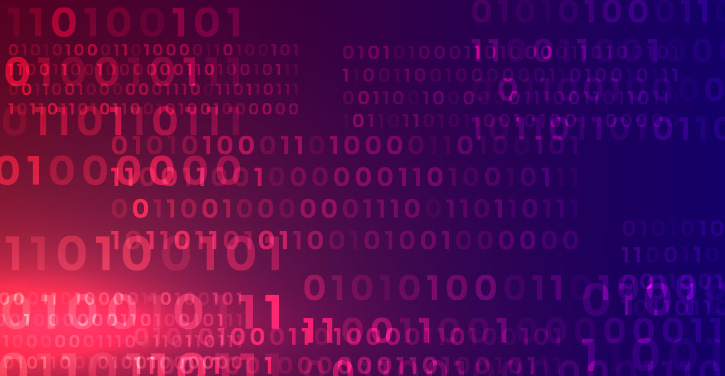Algorithms, by definition, are processes or sets of rules used for the purposes of a calculation or for solving problems. In more recent times, they can represent labour-saving computations for deciding the results of a set of exams as taken by school leavers, for example. As such, they are good for obtaining an overall defined distribution of examination results, but are less good at dealing with individual situations or any aspect of the outcomes that were not considered and incorporated in the algorithm. The latter point often includes ethical or moral considerations – often missing from the modern propensity for business-like technocratic approaches to education (Sandel, Michael 2019. The Tyranny of Merit: Talk to the RSA (3 minute video), which can lead to serious inequality, usually only obvious upon or after roll-out of the algorithm.
Algorithms are a useful productivity tool when considered carefully, particularly in the digital age: for example, with the use of Statistical Process Control in manufacturing or in analysing data for trends and patterns. Benefits are often cited, relied upon and often useful for the triage of medical diagnoses from specific and finite sets of symptoms, for navigation through websites or call centres along with other examples of customer service provision, and for deciding which CVs to put through to the hiring manager – to name just a few. However, not every problem can or should be dealt with in this way: the exclusion of a human level of understanding of the specific and individual situations under consideration from a socio-cultural or a professional perspective will inevitably lead to a poorer experience. For example, have you ever had to contact a bank, insurance company or other service provider by telephone, recently?

An educational example of this is the 2020 categorisation of exam results for an entire national cohort of GCSE students in the UK, based on the national performance and the performance of an individual’s school, done as a result of the Corona Virus pandemic. The system of normative referencing (tying the performance of individuals to their post code, school and socio-economic status) was already in full use, somewhat eroding the authority and professionalism of teachers fails to treat teachers as professionals. However, the further extension of this using the algorithm exposed the inequity and moral vacuum of this approach to education to a greater extreme. 2021 is the second year when (in the UK) the algorithm was abandoned in favour of teacher-assessment. Is this a step in the right direction?
Does this ring any bells with you and your experience?
Please post comments below.

